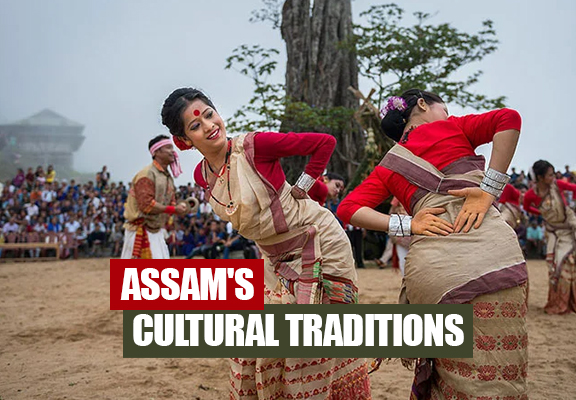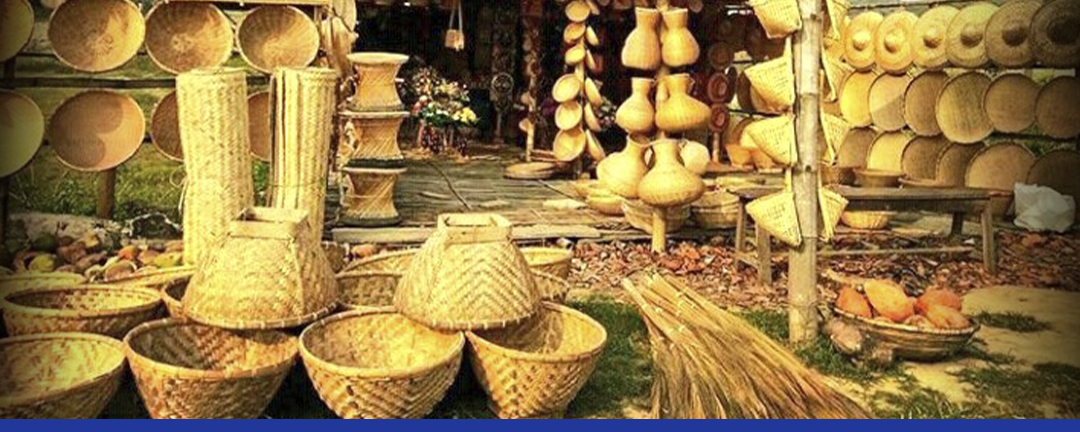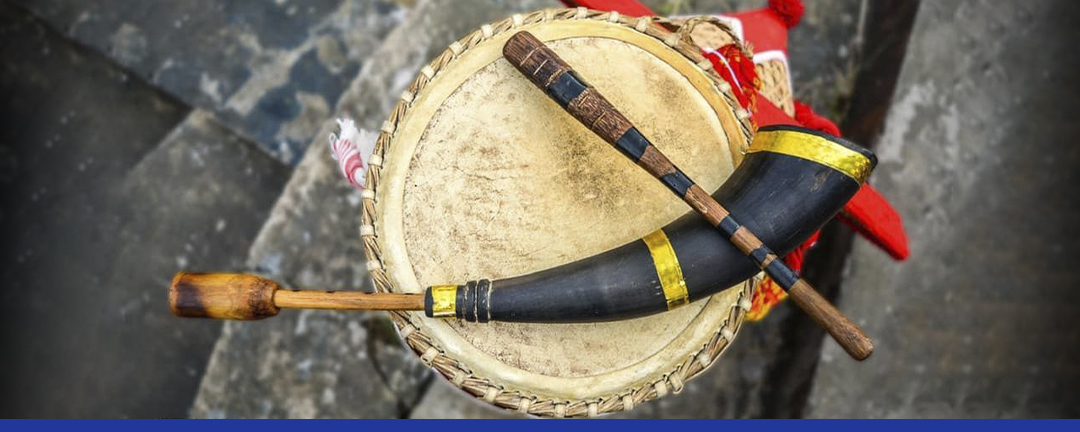Exploring Assam’s Rich Cultural Traditions and Fascinating Heritage


Assam, which is located in the northeastern part of India, is a region that is unparalleled in terms of its natural beauty and the cultural richness that it possesses. The cultural history of Assam is as varied as the state’s terrain, representing the complex tapestry of ethnic communities, dialects, and traditions that the state is home to. We are going to embark on a journey to study the interesting legacy of Assam, which includes its vivid arts and crafts as well as its ancient rituals and festivals. This adventure will begin with this blog article.
The state of Assam’s exceptional geographic location at the confluence of South Asia and Southeast Asia has shaped its unique cultural landscape. Migrants, traders, and invaders from nearby regions have been drawn to Assam over the course of several centuries, making it a melting pot of cultures. Because of this broad influx of people, the rich tapestry of Assamese culture has been woven together, merging indigenous customs with influences from other parts of the world to produce a heritage that is both distinctive and vibrant.
Across the state of Assam, experienced artisans are engaged in the practice of a wide variety of traditional crafts, which contribute to the state’s artistic history, which is as varied as its cultural traditions. In addition to bell metal casting, handloom weaving, bamboo and cane crafts, and ceramics are just a few examples of the diverse artistic traditions that can be found in Assam. These crafts not only serve as a display for the inventiveness and artistry of Assamese artists, but they also play an important part in the preservation of techniques and skills that date back hundreds of years.

In terms of its cultural legacy, one of its distinguishing characteristics is the religious variety and syncretic traditions that are prevalent in Assam. There is a happy coexistence of Hinduism, Islam, Buddhism, and indigenous folk faiths in the state of Assam. Each of these religions has left its mark on the cultural landscape of the region. The equally passionate and enthusiastic celebration of festivals like Bihu, Durga Puja, and Eid-ul-Fitr is a prime example of the unity and inclusivity that characterize Assamese society.
The state of Assam is home to a diverse collection of long-standing traditions and practices that have been handed down from generation to generation. The agrarian legacy and spiritual beliefs of the region are strongly ingrained in these customs, which range from the traditional Bihu dance that is performed during the harvest festival to the sacred rites that are performed in the Satras, which are Vaishnavite monasteries. Assamese communities express their reaffirmation of their connection to the land, nature, and heavenly powers through the performance of these rituals.

Throughout the years, Assam has maintained a strong tradition of oral storytelling and poetry, which contributes to the state’s rich literary and musical heritage. The spiritual and cultural character of the region is reflected in the ancient Assamese literature, which includes the works of poets such as SrimantaSankardev and Madhavdev. Assam is also well-known for its lively musical traditions, which continue to attract listeners both within and outside of the state. These traditions include the lyrical Bihu songs, the traditional Sattriya music, and the modern Assamese pop music.
Cultural legacy is a tribute to the region’s rich history, diversity, and tenacity, and it is a testament that Assam possesses. The attitude of unity, diversity, and inclusivity that defines the identity of the state of Assam is reflected in the state’s cultural traditions, which range from the state’s ancient rites and festivals to its active arts and crafts communities. We have a more profound respect for the enduring legacy of the people of Assam and the richness of the cultural fabric of the state as a result of our exploration of the intriguing heritage of Assam.